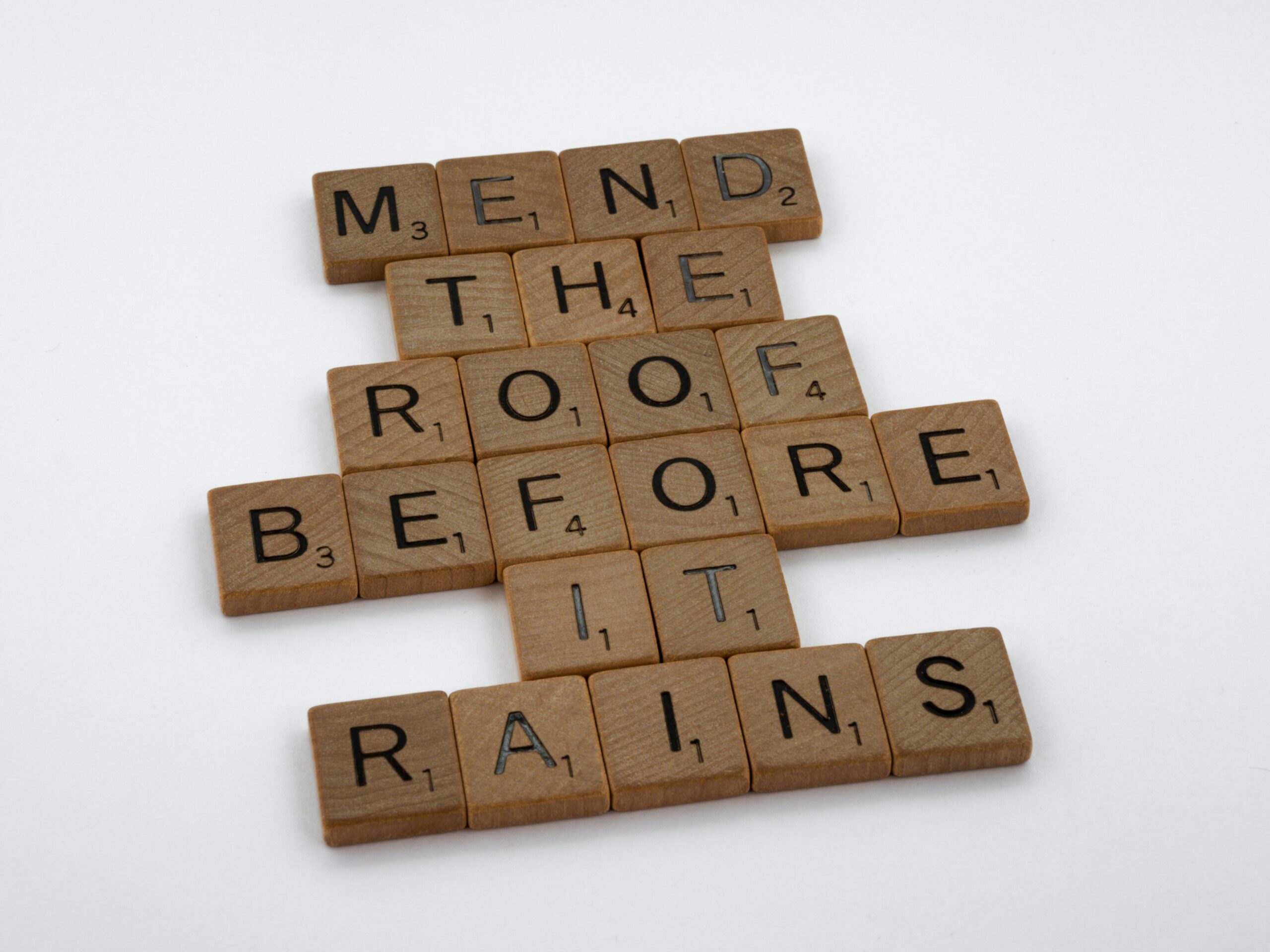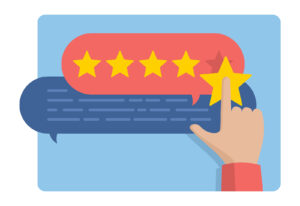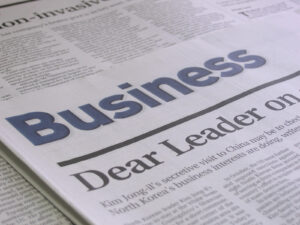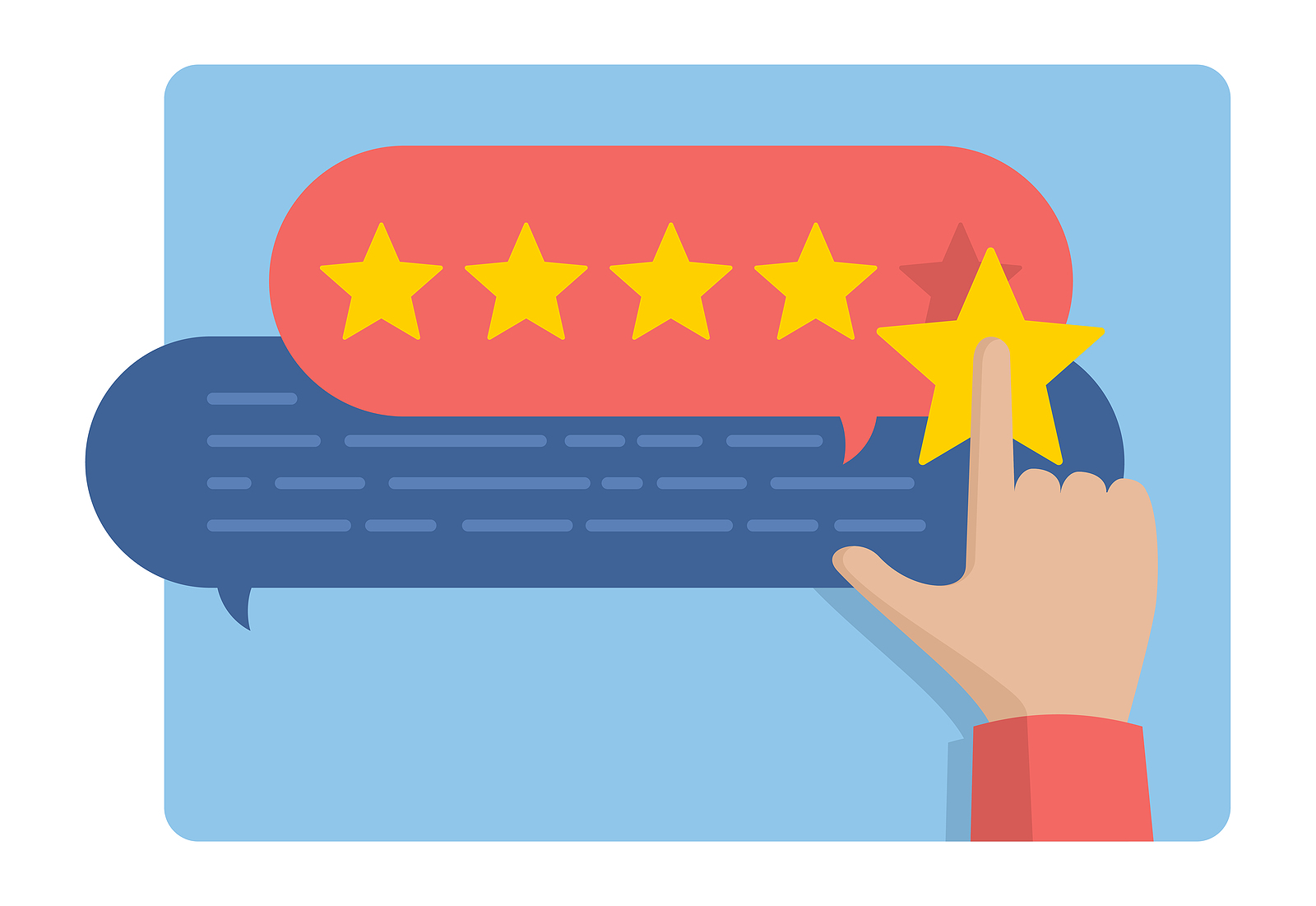Post-Lockdown Lessons and Preparing for the Next Economic Disaster
The first thought on most business owners’ minds when lockdown hit was simply: how are we going to survive this? Most have had the experience of marketing in a recession, but not a pandemic.
Initially, authorities were saying that it’d last three weeks, but that time length was not based on any particular science or evidence, and we all knew that the situation could change at short notice. Viruses come in waves, and with the economy taking a big hit from the worldwide slow-down, fears of a global depression loomed.
Some more prescient business leaders may well have taken a moment to imagine what an extended lockdown lasting for months if not a full year (or beyond!) might look like for their business and industry at large. After all, government assistance and grants could only last so long, and the vicious loop of…
1. employees being laid off or having their hours cut so that struggling businesses could survive
2. consumers then having less money and being too financially strained to spend as they once did
3. businesses not getting as much revenue previously since people are trying to economize
4. rinse and repeat
… posed a real threat. Previously stable businesses in every market were suddenly having to contemplate the very real possibility of bankruptcy in the unpredictable days to come. While some industries were clearly more vulnerable than others (tourism, for example), really no one was left untouched by this unprecedented lockdown and its business-stymying effects (though producers of hand sanitizer and masks were presumably not too worried).
Thankfully, the pandemic (or at least the tide of rules it swept in) is mostly behind us now, but its effects will be long-lasting, and it seems as though the world has more to throw at us what with 2022 bringing on another major economic disaster in the form of Russia’s invasion of Ukraine.
So now is the time to really reflect on the past few years and extract what lessons we can. Right now, the focus should be on bolstering our businesses and getting them into the best shape possible for dealing with whatever future disasters may be heading our way, or even just to survive the current recession.
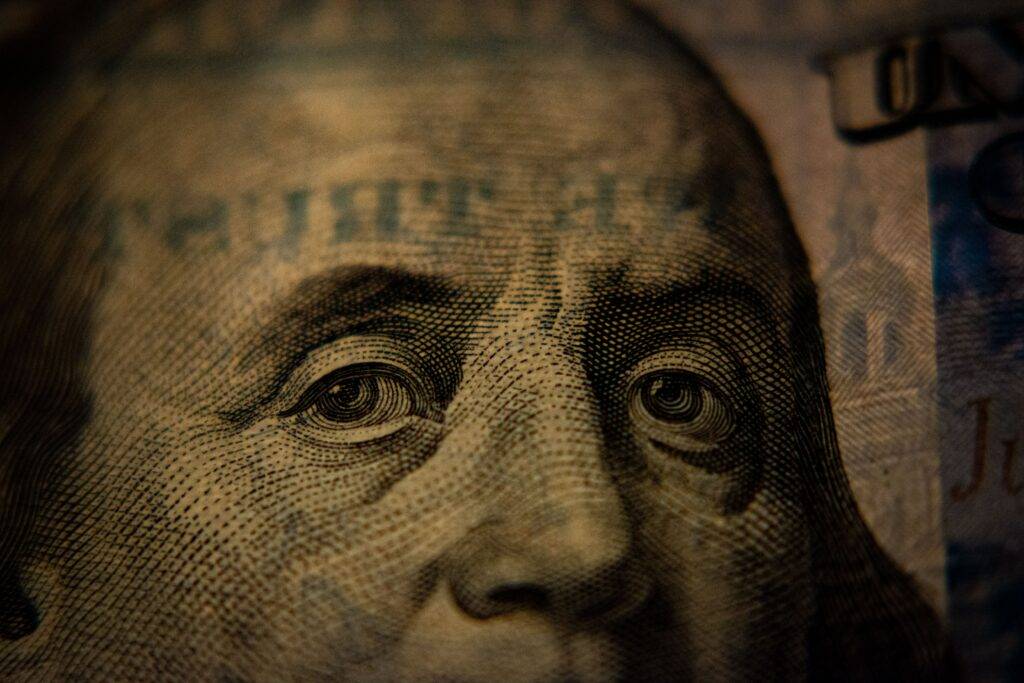
Take an Honest Look at Your Company
Whether a business is big or small, online or brick-and-mortar, up-and-coming or already well-established, they’re all subject to economical trends and potential risks.
On the surface, large, well-established brands may seem unequivocally better positioned to deal with pandemics, wars, and whatever other disaster will hit next, but there are some ways in which smaller businesses take the advantage. They can be more agile and able to adapt to changing circumstances, and while they’ll generally have less cashflow, their costs are inherently lower and they’re probably less wasteful. Basically, if there’s going to be a disaster on your ship, odds are that it’ll be easier to patch up a tug-boat than a whole ferry.
But either way, you need to cast an honest eye over your business, judge the stage it’s currently at, think about where you’d like it to be, and appraise how well you might be able to handle new economic disruption.
For example, if there’s some new Orangutan Covid Pox 23, will your industry grow, shrink, or be unaffected? Ask yourself these two questions:
1) Can we sell a different product or service to the same audience?
2) Can we sell the same product or service to a different audience?
If the answer to either of those is yes, then you can stay 50% inside your success comfort zone. If you can find something to sell and people who want to buy it and both will be relatively unaffected whatever happens, then crack on with pursuing that business path. When the world changes, there’s no reason to die a martyr over a previous business model.

The Key to Keeping Going While Marketing in a Recession
One of the most hard-to-swallow takeaways from 2020 for us as a marketing company is that even the best of your tried-and-true strategies can be rapidly rendered irrelevant if demand dries up for a product or service. We keep contact with various marketing communities, and comments such as “all my SEO clients have canceled” or “how can I hold clients into a contract when they want to cancel?” were rife as push came to shove and people were slow to adapt to the new conditions.
If market conditions change and demand dries up for what you offer, your best bet may be to cut your losses and offer something different rather than be obstinate and try to weather the storm. As things began to get hairy with the pandemic, some of our long-term clients asked to cancel, feeling skeptical about their ROI during the early stages of the lockdown period. We understood their fears and couldn’t in good conscience make any hopeful promises which we may not be able to keep, nor would we employ any unsavory practices to tether them to us for services they no longer wanted.
Instead, we said:
“We agree, we can’t guarantee that you won’t waste your money in 2020, and you might even risk your business viability by continuing. What else do you need help with? We can assist in any area of digital, IT, or remote solutions.”
What happened was that we kept going, increased turnover, and continued to provide value. For example, we’ve helped a company transform from a traditional 30-year-old brick-and-mortar affair to being completely remote, re-tooling all of their face-to-face events to be delivered virtually with the assistance of new applications. This was a major shift for them, but without taking the leap, it’s likely that they would have shut down by now.
The end result was that we were filled with pride, our client was happy, and the fact that bullishly pushing SEO, email marketing, or anything else when their business was at risk would have been a disaster was confirmed to us.
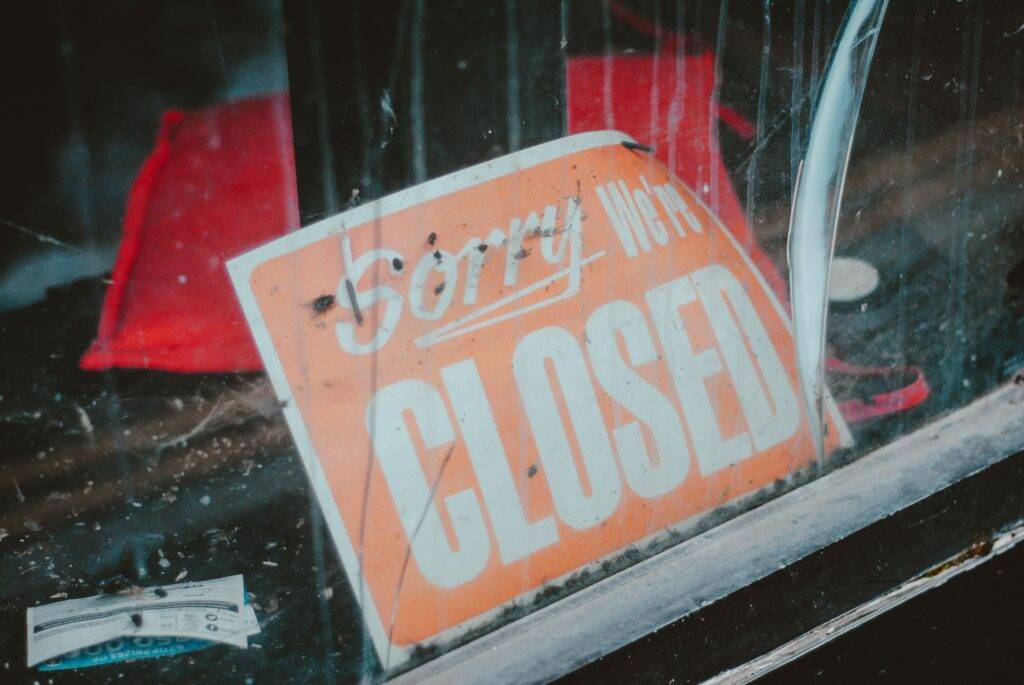
All Businesses are Vulnerable (But Some are More Vulnerable than Others)
As mentioned, when a global economy-disrupting event hits like Covid-19, everyone is affected, and the vast majority are going to get burnt while a few lucky ones benefit, depending on the circumstances of the event.
Just like with evolutionary randomness in nature, to some extent, it’s going to be the luck of the draw as to what turns out to be advantageous – having an allergy to a certain food, say, could turn out to save your life if it means you avoid it while others in your tribe/herd/pack chow down on a poisoned or parasite-infested lot. Likewise, being in the niche business of selling makeup for scars would turn out quite nicely if we got a new widespread virus that caused itchy lesions on the face… but that’s not something anyone can count on.
Ignoring the kind of hard-to-predict changes in the market which can unexpectedly send profits soaring for those who just happen to be offering something that will receive fresh demand, the playing field is relatively equal. However, there are some businesses which will tend to fare better no matter what the nature of the cause of the economic downturn is, but particularly ones that cause a reduction in face-to-face contact like Covid-19 did and, say, serious heatwaves and nuclear disaster could, as people stay at home to avoid getting hurt.
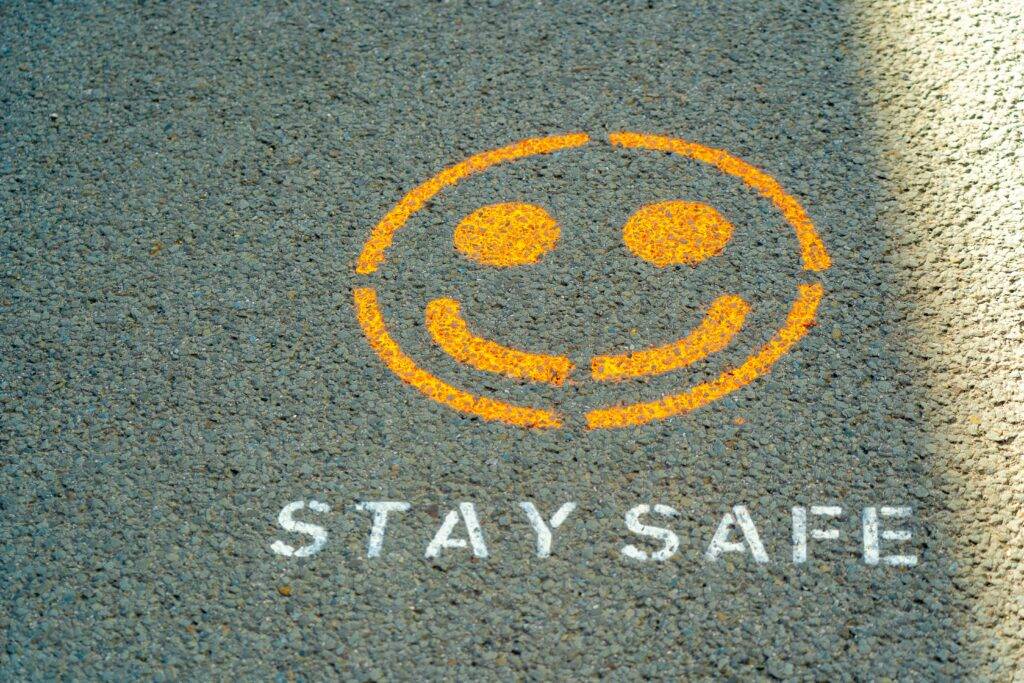
So, Which Businesses Have the Best Chances While Marketing in a Recession?
First of all, any business that can work remotely will generally be much better-positioned thanks to lower overheads (no office to pay for), more flexibility in terms of hours (not everyone has to be in the same place at the same time), access to more clients (anyone that has access to the internet!), less chance of physical danger (exposure to viruses, pollution, heat, etc), and less reliance on external services (e.g. transport for employees’ commute, supply deliveries, maintenance services).
That already narrows things down significantly with it being nigh on impossible for most businesses in industries like hospitality to be done remotely. But in general, aside from being remote, there are a few other aspects of the nature of a business that will improving its standing come the next catastrophe.
For example, businesses that can provide ad-hoc or contingent services are usually carried out by an in-house team. Many mid-to-large sized companies will have in-house marketing, human resources, or public relations departments. These are invaluable to them during a boom or a steady business landscape, but with the uncertainty of recessions, a new epidemic, or some other kind of global disaster, these sensitive departments will ruin a cost structure.
Why? Because an external agency is likely to be equally proficient at the work the in-house team is doing, but instead of being a constant financial drain, they can be wisely activated only when it makes good economic sense. There are times when discretionary or cyclical business spending is pointless. If businesses are having to downsize and lay off employees, extra arms like marketing and HR will naturally be first on the firing line compared to the core services a company offers, so when they really do need a new PPC campaign or some bookkeeping done, they’ll have to turn to external providers.
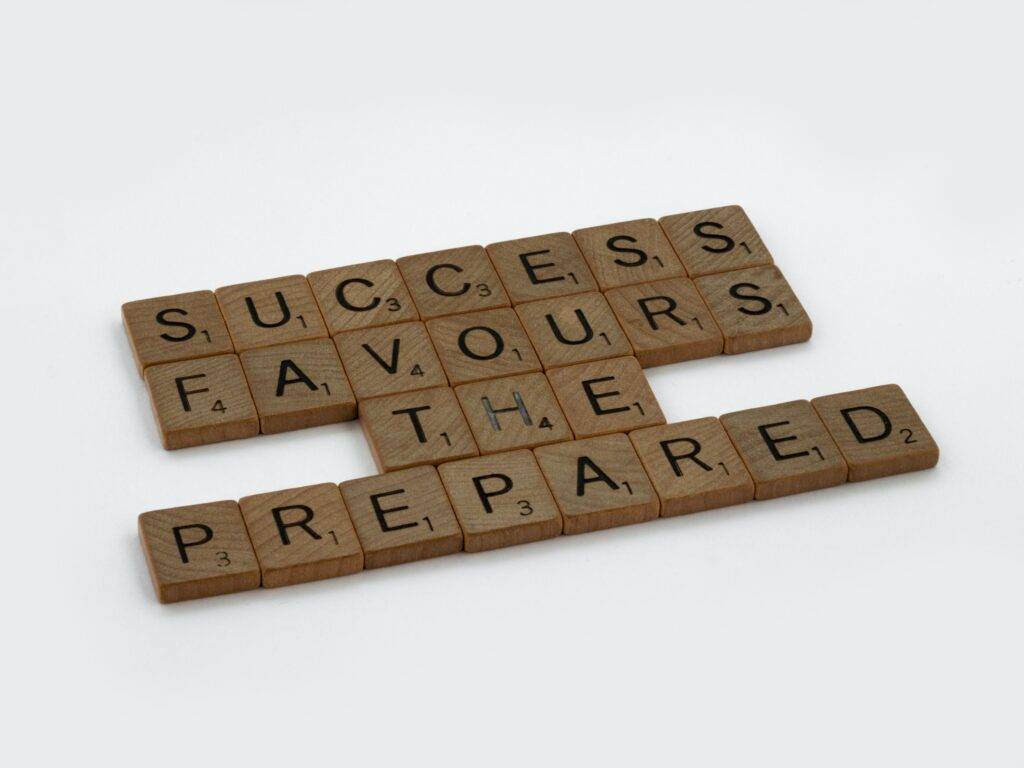
How Can Resilient Businesses Like These Be Set Up In a Cost-Effective Way?
If you’re interested in building the most disaster or pandemic-proof business you can, the first option would be to look at the areas you have the most experience in. Are you a successful office-based worker that has already been working from home during COVID-19? Then you’re halfway towards being a freelancer or contractor. Could you systematize your process and employ a couple of people? Then you could get an agency up and running in no time.
Remember, your current company pays you a fraction of your worth. They have so many business expenses, fat cat salaries, and shareholder’s dividends to pay, and it all comes from the overall value that their workers generate. You can undercut someone doing your old job, retain more of the value you create, and build something for yourself.
How You Can Protect Yourself and Your New Business Mid-Recession
If you still have a job and the market is particularly unstable right now, start your business on the side and focus on it in the evenings and weekends. It’ll be hard work to essentially be working two jobs, but you need to take the safe route initially. Don’t quit your secure job until you’re close to replacement income – at least based on hours. Always plan and spend as if the Great Depression 2 is around the corner since, well, it really just might be.
Isn’t it all Just Hopeless?
It’s certainly difficult for any sane person to feel particularly optimistic about business with such a troubled recent economic history and the general sense of doom and gloom in the air, so it’s natural to feel afraid or even apathetic about trying to set something up for yourself.
It may seem counterintuitive but try looking at the situation from a worst-case scenario point of view. If future recessions and disasters turn out as profoundly bad as they could be, then your current job won’t be safe anyway. Starting a side business and beginning to transition now while things are relatively less risky is the most rational and robust thing you can do. Optimism can often be delusional, but wallowing in fear never helped anyone either. Sometimes the best thing to do is bite the bullet and take action regardless of your feelings – one day it might turn out to be the best thing you ever did.

